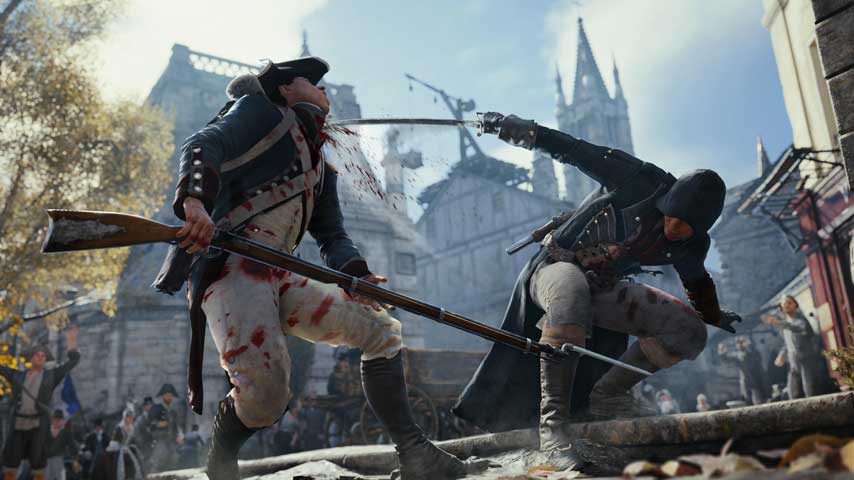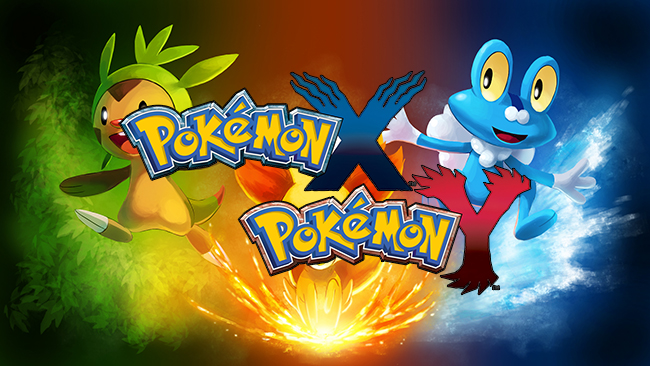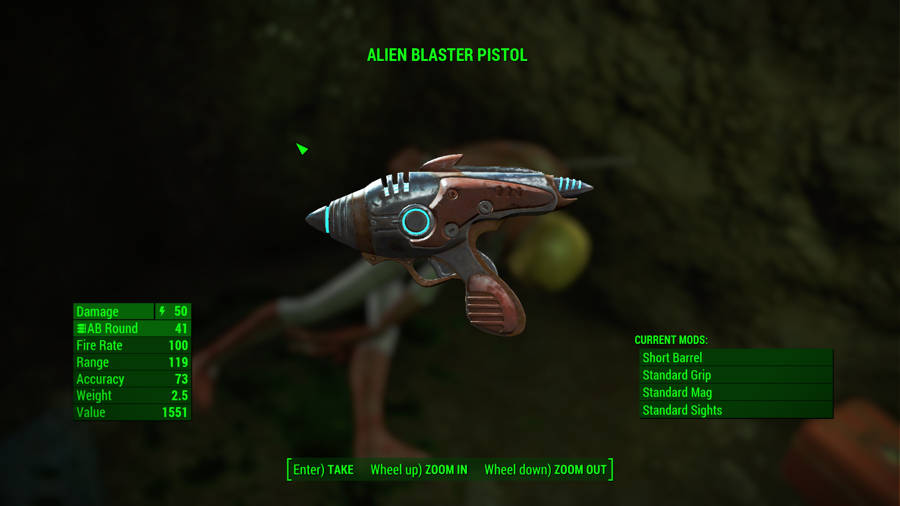

It’s a pretty safe bet that Paul Anthony is the only chief executive in America who commutes to work in a fish, a three-wheeled single-seat electric car customized into a rolling corporate logo. And he’s probably the only CEO in Portland, Oregon, with a mohawk. Actually, it’s more of a fauxhawk, a tuft of brightly dyed red-orange atop his crown that, standing on end, paul shark italy frozen en mousse, suggests a tongue of flame. Which is ironic, given that Anthony’s business, Rumblefish—a “sonic branding” and music marketing company that has achieved national fame by licensing the work of Oregon musicians to Hollywood studios, video-game manufacturers, banks, shoe stores, beer companies and what have you—was gutted by fire one summer morning in 2004.
Weeks after the conflagration, the charred smell of his corporate headquarters still reeked like a freshly doused campfire, the charcoal smell overpowering, eye-watering and almost unbearable. In the middle of the recording studio (or rather, what was left of it), Anthony sat atop an electric organ—its fused plastic keys resembling chunks of melted mozzarella—considering a nearby stack of singed drums leaning as precipitously as the Tower of Pisa. “That was the first new drum set I bought since I was a kid,” said Anthony, then 27, dressed in a black motorcycle tee and jeans, and whose profile suggests a young Keifer Sutherland.
The Big Fish—his official title at the company—was in a bit of a funk. Not only had his HQ been burned to a crisp, but his pride and joy and surefire head-turner, the Fishmobile, a one-seater electric car masquerading as a chubby gray shark, with side-view mirrors for eyebrows rumbling down the road with the percussive force of a howitzer-like subwoofer, also had been out of commission for weeks, languishing in a repair shop in Eugene, awaiting new batteries. It was a day before demolition, and rebuilding. Again.
Earlier that year, Anthony and his ten employees, along with the company’s attorney and board of directors, had closed the business for a top-to-bottom remodel, bolting stainless-steel diamond plate onto the walls and stairs, enlisting a team of graffiti artists to add a bit of color to the concrete floors (“TAKE ME TO YOUR MUSIC”). All told, the makeover had taken nearly a month, at a cost of $50,000. Up in smoke.
Anthony had incorporated Rumblefish (then Alcala Entertainment) in 1995, when he was a freshman music major at the University of Oregon, selling classroom compositions to independent filmmakers and licensing the work of his fellow students. Now he represents more than 250 artists from 17 countries (most are local unknowns), and his company supplies music (tens of thousands of titles) to marketing departments at Adidas, Pabst Blue Ribbon and Umpqua Bank (deploying a fleet of Umpqua-branded ice-cream trucks blaring Rumblefish music through the streets of Portland and Arcata, Calif.), as well as background music used in television shows like The Shield and The Sopranos. A day before the fire, Rumblefish had been poised to finish the most profitable quarter in its nine-year history.
That night, Anthony had worked until midnight, helping a young vocalist polish songs for her debut album. She had wanted to work on another track, and he wanted to call it a day, so he told her to lock up and didn’t think twice about the candles burning on the sill of the control-room window. The phone rang in his downtown Portland home at 6:30 in the morning—the alarm company, reporting that a motion sensor had been triggered by the recording studio door, aflame and falling off its hinges. Several minutes later, peering through the plate-glass storefront window, Anthony had assumed the blinds had been drawn. Then he unlocked the door and discovered a chest-high curtain of smoke inside. He dialed 911 on his cell phone, ran into the building and yelled, but nobody was there. He grabbed the fire extinguisher and emptied Paul and Shark Hoodies it in one burst, to no effect. He was just about to dash into the control room to retrieve computer hard drives, the digitized métier of every Rumblefish artist, when a police officer pulled him, screaming, from the building. “You don’t understand! This is my business!”
Anthony just stood there at the curb as one fire truck after another—seven in all, he recalls—arrived, closing off the street. Firefighters in respirators bearing chainsaws, picks and axes climbed onto the roof while others rushed inside pulling hoses. They doused the flames, then paraded out of the building with scorched and melted guitars, amplifiers and drums, which were dumped onto the pavement.
“It was a huge pile of burnt Rumblefish, a smoking heap on the street,” recalls Anthony, who convened an emergency meeting that morning at a nearby pub, first to take roll call and make sure the building had indeed been empty (it had), then to reassure his employees that all had not been lost. True to form, opened the session by establishing an anthem for his own disaster, singing the refrain from Bill Joel’s “We Didn’t Start the Fire” (that summer, the song was No. 1 on Rumblefish’s “Fire of ’04 Playlist”).
“It was terrifying, but one thing I realized is that when things go wrong, all heads look at you,” says Anthony. “That’s how entrepreneurship works. I was telling everybody: The stuff in that building, it’s just stuff. That’s all it is. You don’t need stuff to be a successful business. I started this company in a dorm room with $400 and an idea. How could a fire possibly stop me?”



